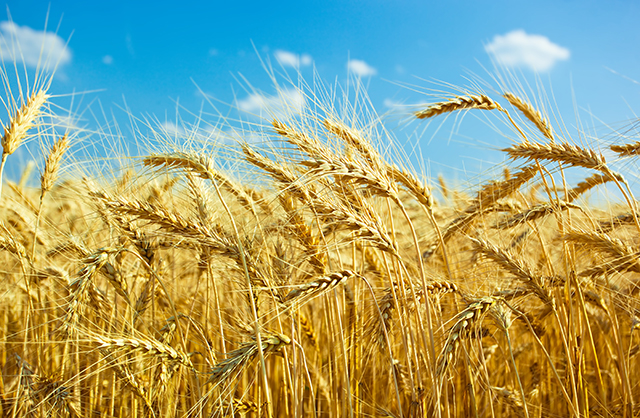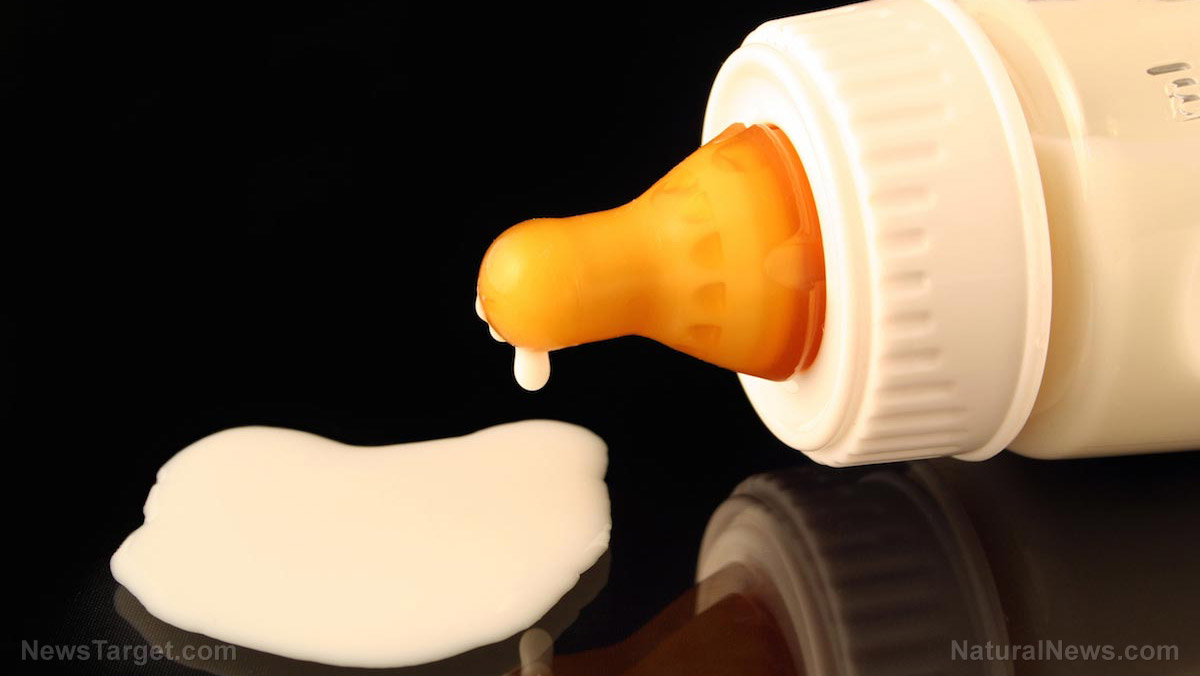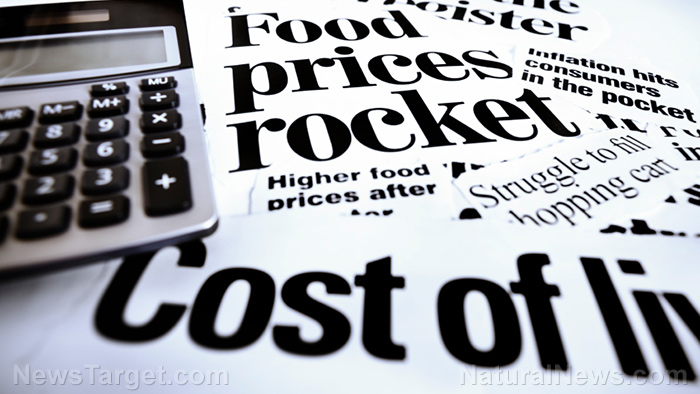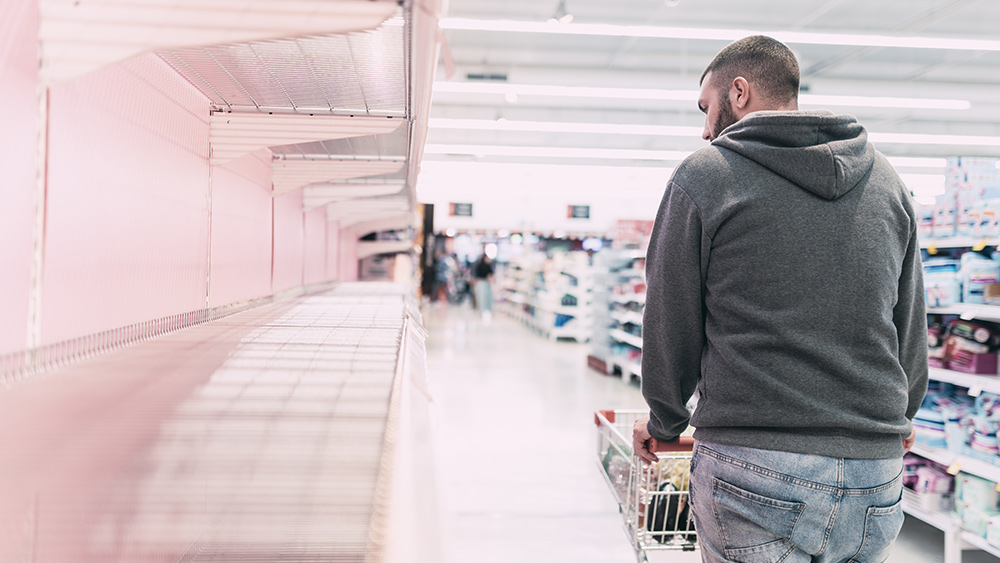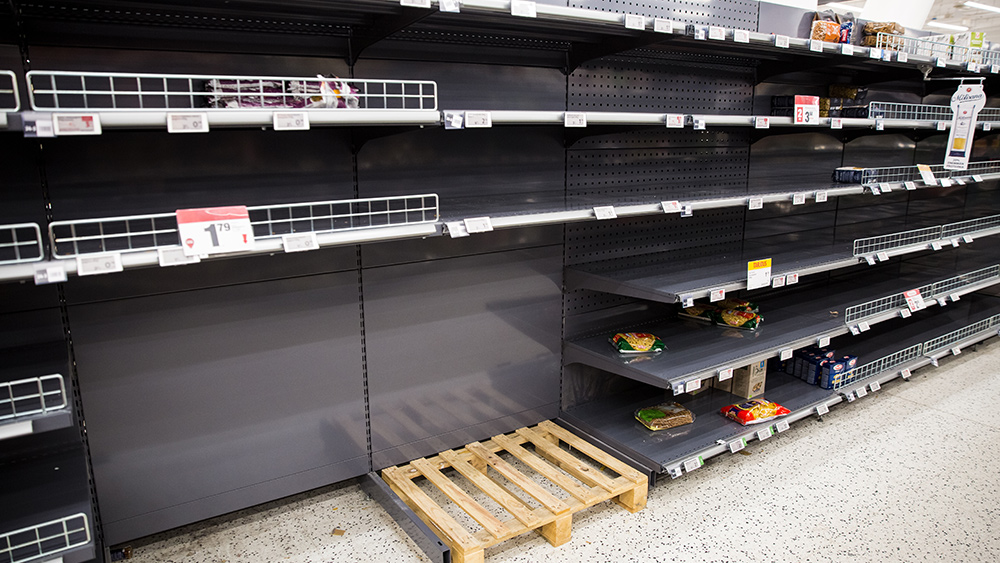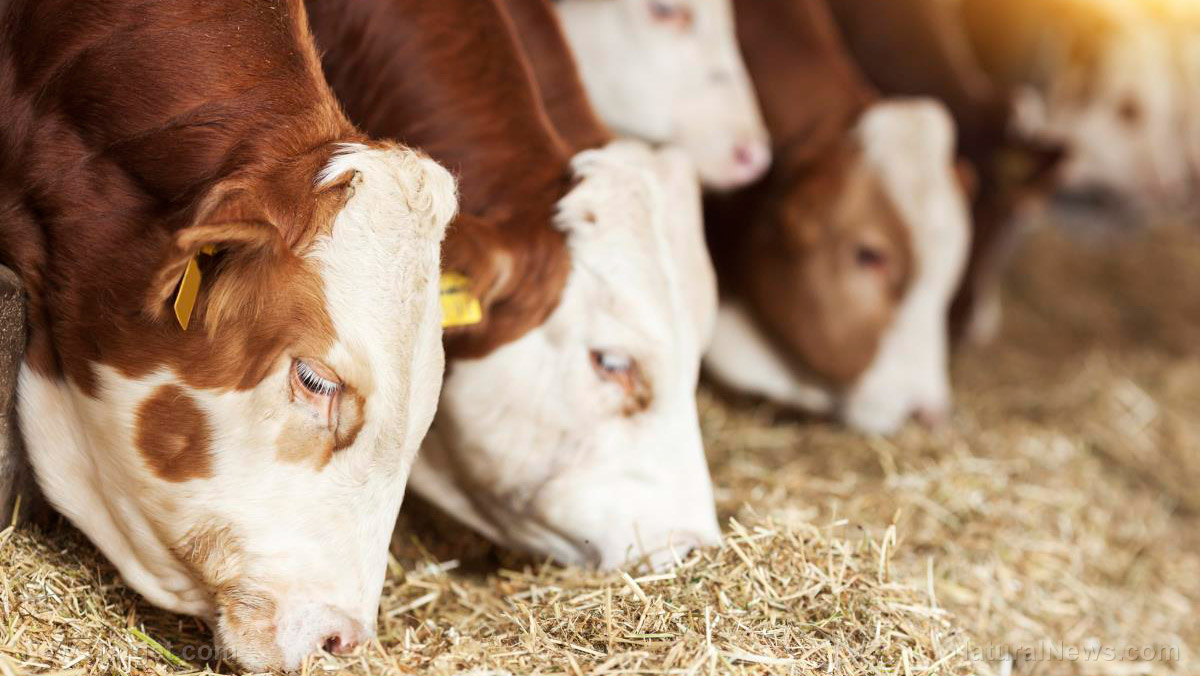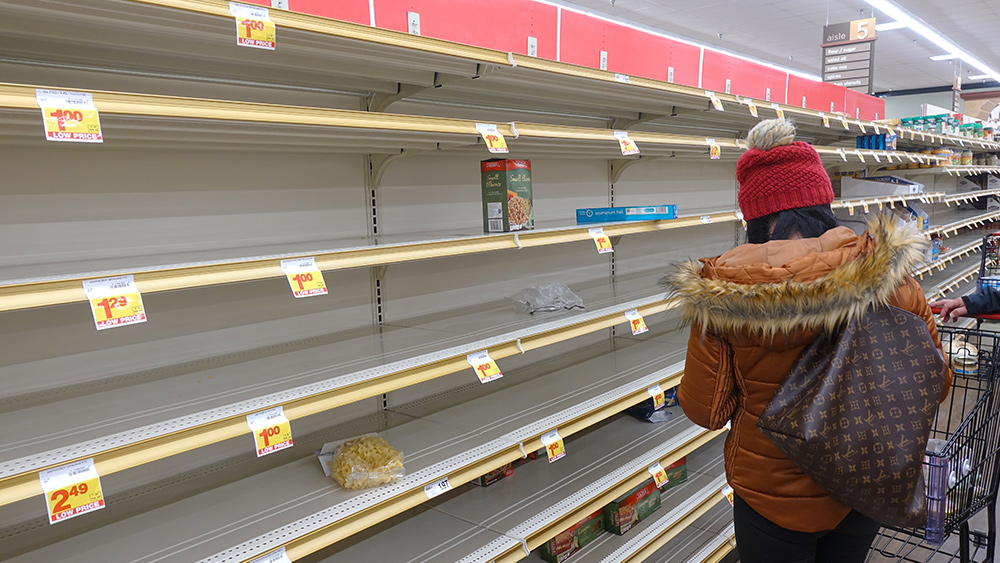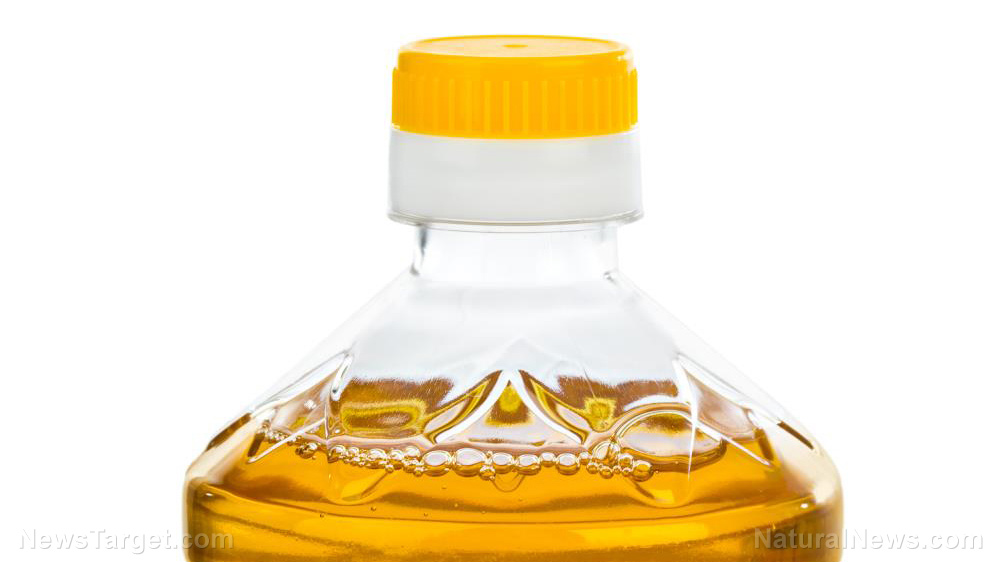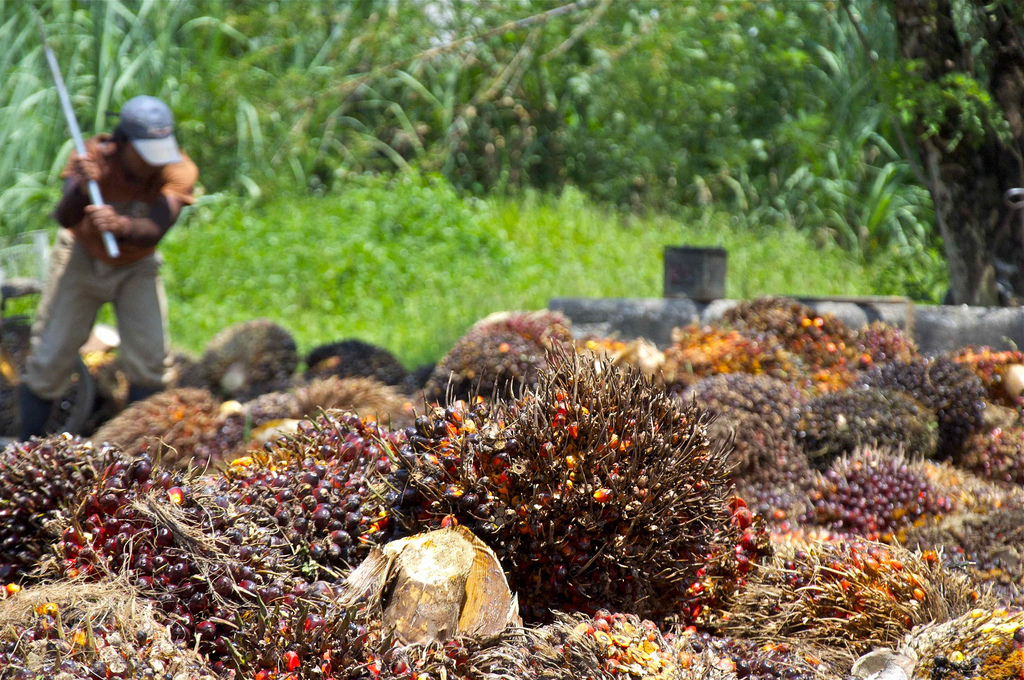Price increases are hitting farmers hard across the US and the world
03/16/2022 / By Cassie B.
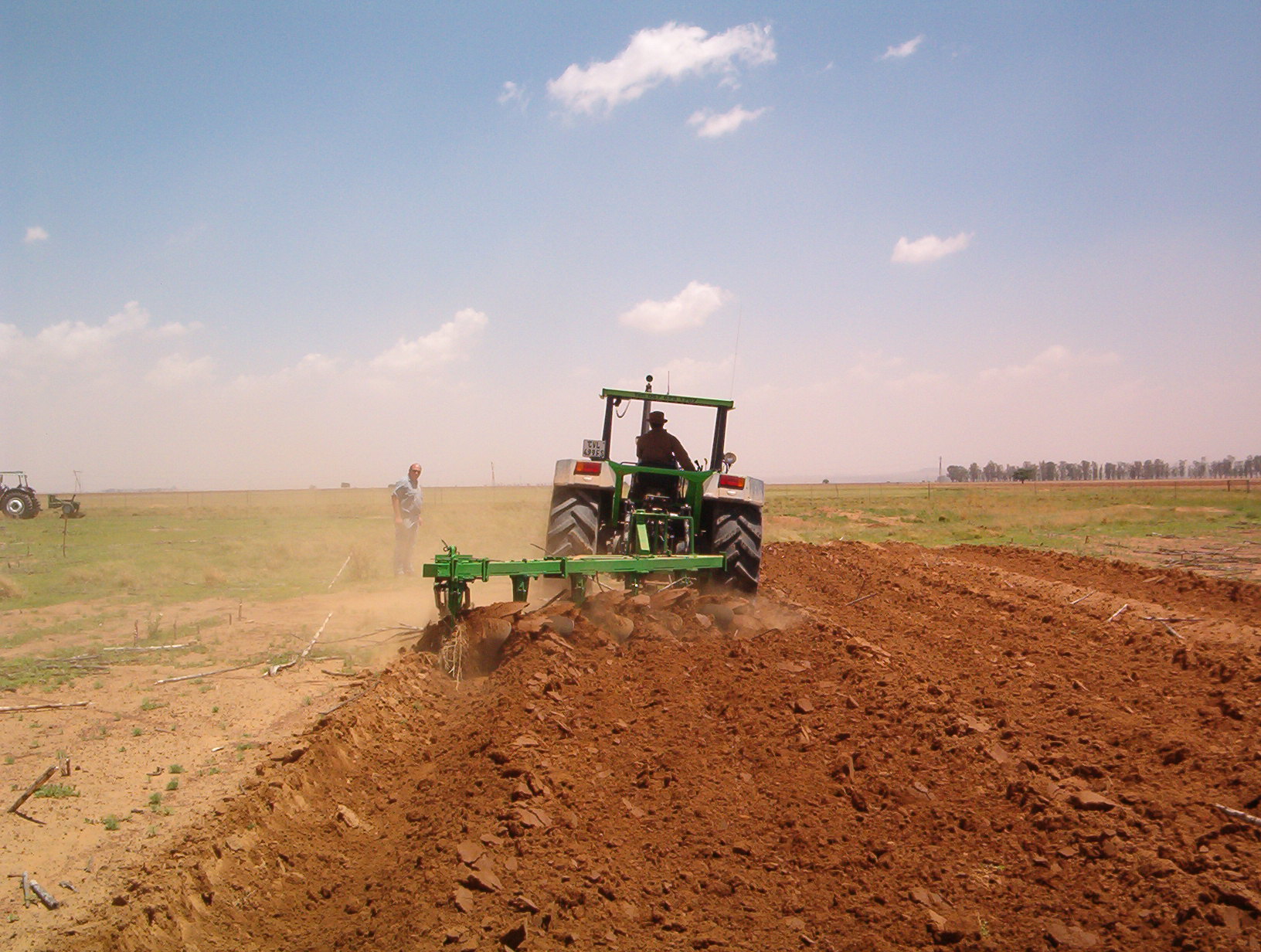
Russia’s attack on Ukraine is having economic effects throughout the world, but farmers are among the parties being hardest hit by price increases as a result of the ongoing conflict. The invasion comes as inflation and supply chain issues were already making life difficult for farmers.
The president of the Indiana Farm Bureau, Randy Kron, said that the cost of fertilizer has risen by as much as 500 percent in some areas as the situation in Ukraine drives up costs. The country is a major supplier of crops as well as fertilizer materials, and many fear that the invasion will result in shortages and price increases. It comes at a time when the price of the popular fertilizer NPK, which contains nitrogen, phosphorus and potassium, is already at high levels.
Compounding the issue is the fact that Russia is also a major exporter of both fertilizer and its raw ingredients, and with economic sanctions now cutting off that market, farmers in the U.S. are starting to feel the effects. One Missouri farmer told the media that fertilizer prices have doubled since last year.
The worst may be yet to come, according to the head of supply chain operations for the Florida-based fertilizer supplier Chemical Dynamics, Nathan Carson. He said: “Because of the seasonal aspects of … this agriculture industry, it takes about six to nine months for the impacts felt in the market to really work its way through the supply chain and reach the consumer.”
He added that because the prices of nitrogen essentially doubled during last year’s fourth quarter, the impacts are not even going to be felt until summer rolls around.
Fertilizer prices are just one of several reasons that food prices are expected to rise dramatically. Carson expects to see them climb around 10 percent in the U.S. by August, with a further 5 percent rise by the end of the year. Although he does not believe the country is likely to see famine, he believes that 20 percent food price inflation is possible by the end of the year. He also thinks there will be shortages and a more limited product selection than American consumers are used to.
Farmers are also suffering from the spike in fuel costs, with dairy farmers reporting spending twice as much on fuel lately to keep their tractors, combines and semi-trucks running.
Inflation continues to rise
Meanwhile, inflation continues to soar, with the Bureau of Labor Statistics reporting last week that the Consumer Price Index rose by 7.9 percent over the past 12 months and the Food Price Index climbed by 8.6 percent over the last 12 months in the largest 12-month spike recorded since April of 1981.
The vice president of Iowans for Tax Relief, Chris Hagenow, stated: “Inflation is dangerous because it is a hidden tax and it destroys the income earned by both farmers and workers. This inflation is a direct consequence of the out-of-control spending that is plaguing the federal government.
He blamed the Biden administration’s policies for worsening farmers’ woes, adding: “Our national debt has hit $30 trillion and President [Joe] Biden and the Democrats believe that spending and printing money has no economic consequences. Farmers and consumers will continue to see higher prices and it will damage the economy.”
The Farm Bureau has been calling on the Biden administration to find ways to reduce the prices of fertilizer, such as by resolving supply chain issues and lifting import duties to keep input costs from eroding farmers’ profits.
Sources for this article include:
Submit a correction >>
Tagged Under:
chaos, Collapse, farmers, farming, fertilizer prices, food collapse, food prices, food supply, fuel prices, grocery, harvest, Inflation, market crash, panic, price increase, products, Russia, supply chain, Ukraine, World War III
This article may contain statements that reflect the opinion of the author
RECENT NEWS & ARTICLES
COPYRIGHT © 2017 GROCERY NEWS


